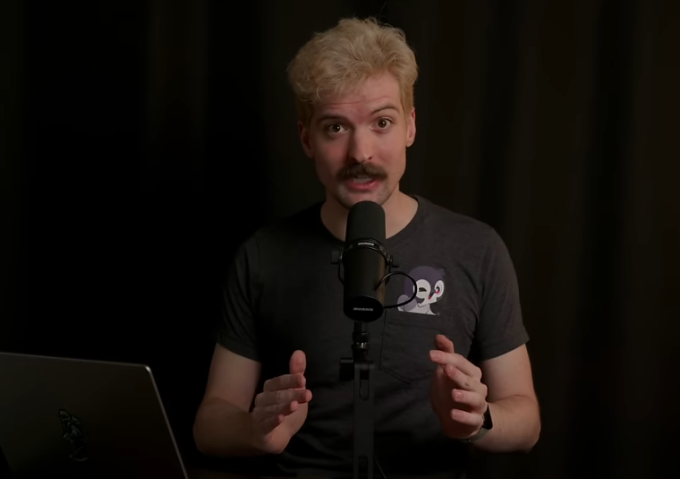The most important thing first: Your WordPress instance is not at risk. You will still be able to use WordPress without restrictions. However, it is worth taking a look at the events currently unfolding in the WP community.
It took nearly 20 years to create one of the largest open-source communities. In the process, a de facto standard for content management systems emerged. WordPress.
Surprisingly, it only took a few weeks to bring significant uncertainty to the community.
The WordPress community is led by a so-called Benevolent Dictator for Life (Benevolent Dictator for Life) alongside a few other open-source communities. This has worked well in complete agreement among all parties for decades. An ecosystem has developed that has created many jobs alongside countless websites. And there is a lot of money in this ecosystem. The notion that one cannot make money with open-source is false.
A few days ago, I published an initial article on the background on the CMS-Garden website .
I will summarize the key events once again, which I have elaborated on in the article with references:
There is a publicly waged conflict between Automattic (the parent company of WordPress) and WP Engine. Matt Mullenweg sharply criticized WP Engine for contributing too little to the WordPress project, even calling it "cancer for WordPress." Subsequently, WordPress.org has stopped automatic updates for sites hosted on WP Engine.
The community's uncertainty is evident in many blog posts and on relevant social media channels. There is loud consideration of a fork of WordPress, and countless questions revolve around: Where to move from WordPress?
In the meantime, further incidents have occurred that exacerbate the situation.

The Wordpress drama keeps getting worse
The scale of the WordPress drama will have an impact on the entire open-source ecosystem. At CMS Garden e. V., we discuss cross-CMS changes, uncertainties, and their effects. If you want to join the discussion, come to one of our monthly meetups.

